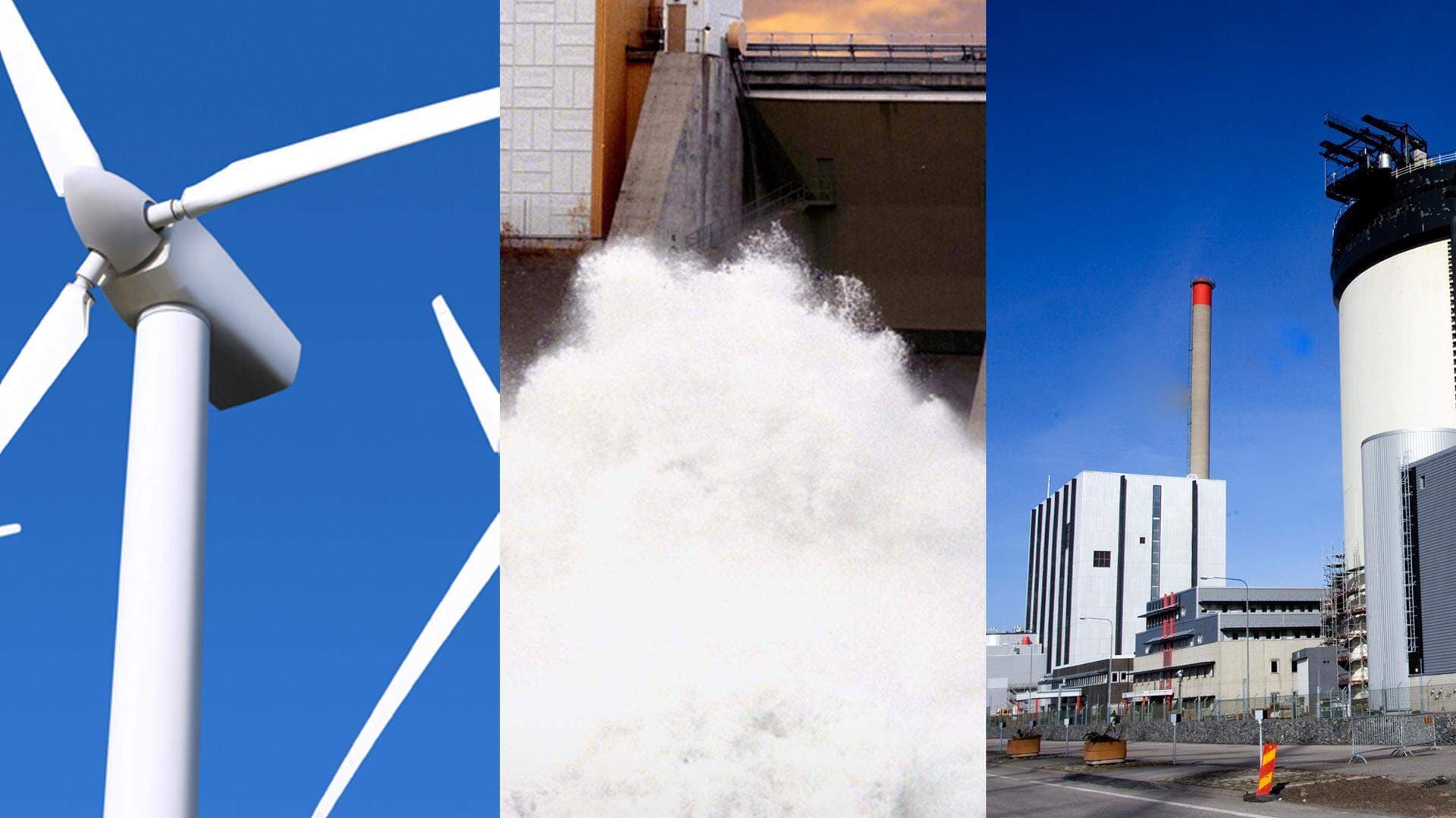Future Electricity Supply in Sweden
The Confederation of Swedish Enterprise has initiated the project Future Electricity Supply in Sweden where a wide range of areas concerning the electricity supply are being analyzed in order to provid epolicy recommendations that will ensure the transition into a fossil free economy with maintained prosperity.

The Swedish economy is highly dependent upon industrial export. During the last century the Swedish industry has relied on the availability of clean and cheap electricity which has been provided mainly by hydro power and nuclear power. Today, Sweden’s electricity production is 98 per cent carbon free.
The Confederation of Swedish Enterprise supports the Paris agreement and is determined that Sweden shall reach the climate goals by 2050, but the focus cannot solely be on emissions in Sweden. Due to the large extent of export and carbon free electricity production, Swedish industry also has a significant positive effect on global emissions.
As the Swedish society – as all other countries throughout Europe - now converts into a fossil free economy, we will face significant challenges. Therefore the Confederation of Swedish Enterprise has initiated the project Future Electricity Supply in Sweden where a wide range of areas concerning the electricity supply are being analyzed in order to provide policy recommendations that will ensure the transition into a fossil free economy with maintained prosperity.
A large part of today’s electricity production in Sweden will reach the end of its life span in 2045. During the same time Sweden needs to increase the electricity consumption by more than 60 percent to be able to end the use of fossil fuels.
One of the main parts of the project is a scenario analysis performed by dr Staffan Qvist in cooperation with scientists from Princeton and MIT. According to the enclosed executive brief of the analysis, a Swedish energy system built solely on renewable electricity production will be at least 40 percent more expensive than a system allowing nuclear energy. A completely renewable system will therefore be a constrain to Swedish enterprises of which many depends heavily on Sweden’s low cost, carbon free electricity production. Due to the high share of export in Sweden (70 percent of the industrial production) and the relatively low degree of carbon emissions from the Swedish industry, such a constrain will also affect the chances of EU reaching the climate goals.
To be able to reach the climate goals with maintained competitiveness we need a policy shift. We will see a rapid growth of wind power during the next 20-25 years, but plannable energy production such as hydropower, cogeneration and nuclear production is essential to foster this growth. Otherwise, the Swedish energy system will be costly and vulnerable due to long periods with little wind and low temperatures. This is also the case in other countries with similar conditions. The EU taxonomy will hence have a huge impact on Sweden’s ability to keep on providing products with a small carbon footprint to the European and the global market.
This is not only a Swedish concern. It is imperative that politicians all over Europe, see the need for – and the opportunity to – combine high climate ambitions with increased competitiveness. One of the key factors for achieving this on an European level is a strong focus on security of supply in a fossil free electricity system.